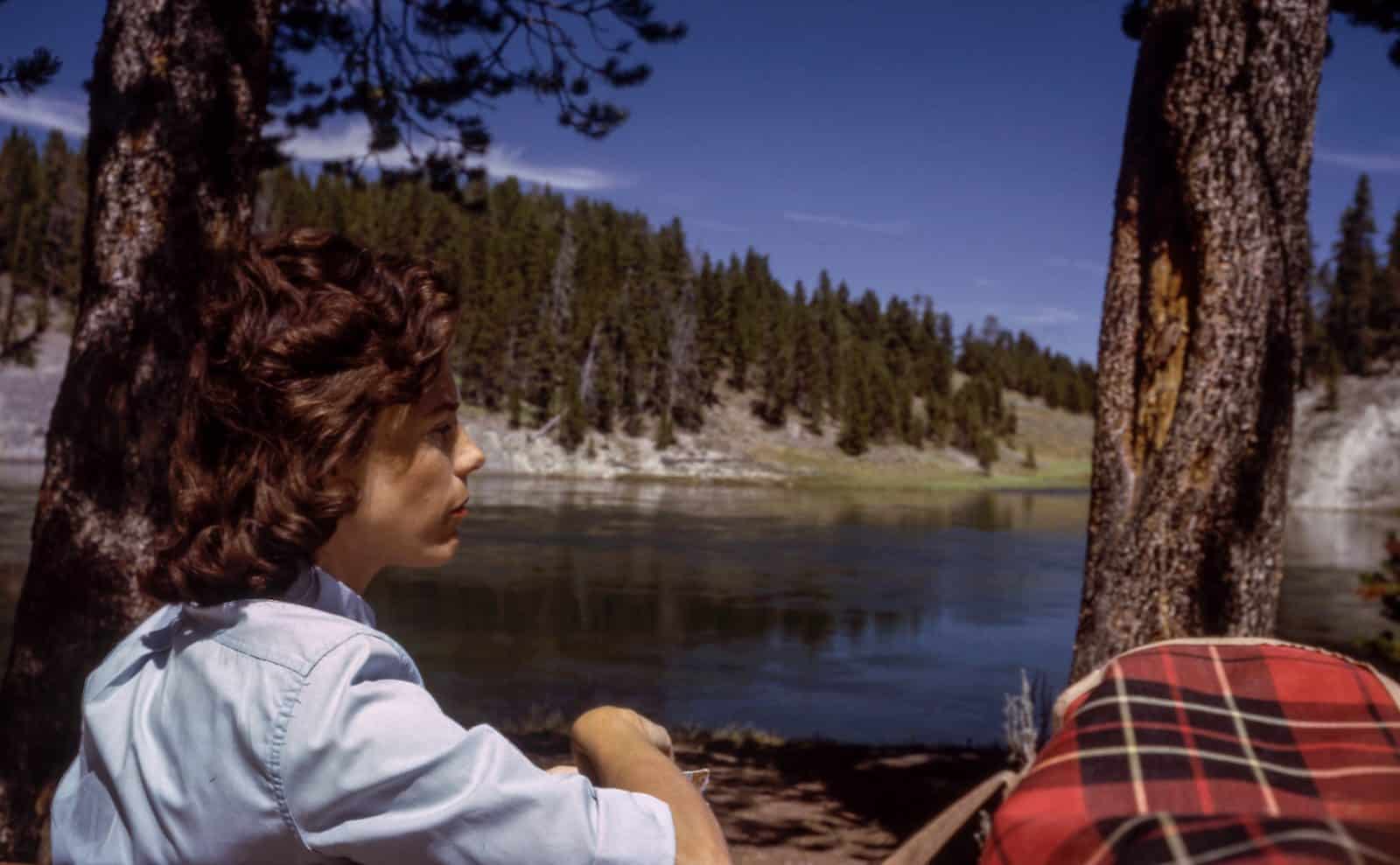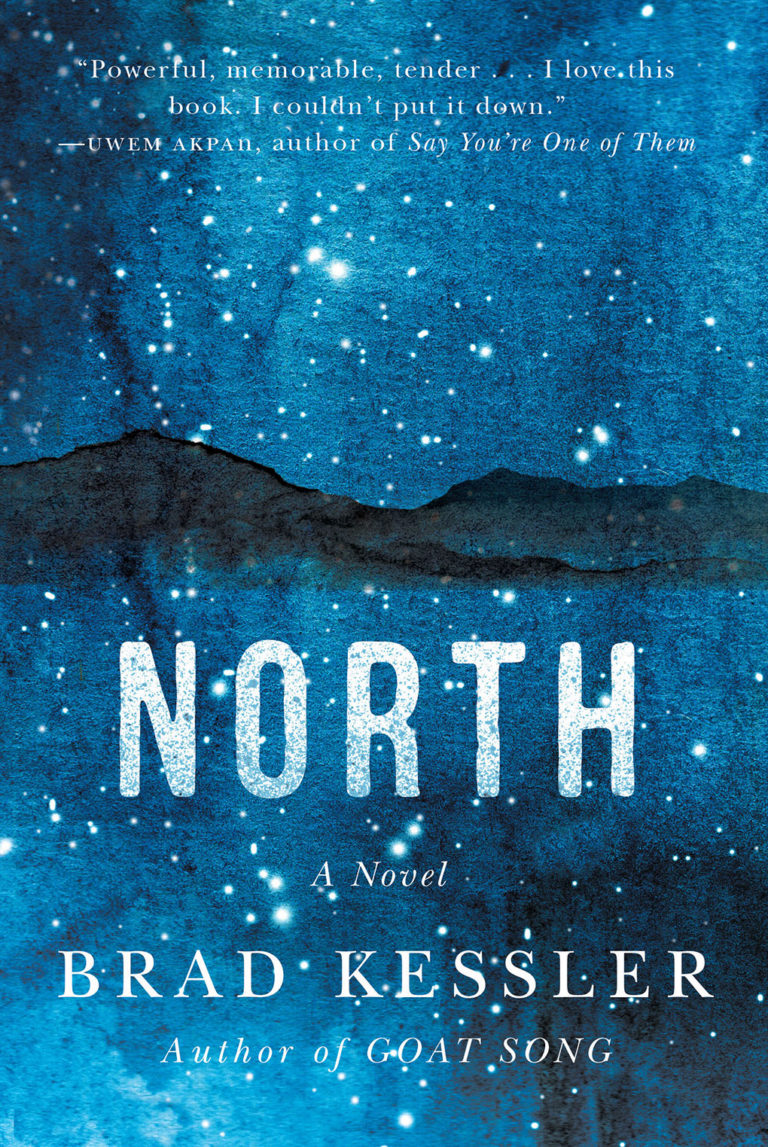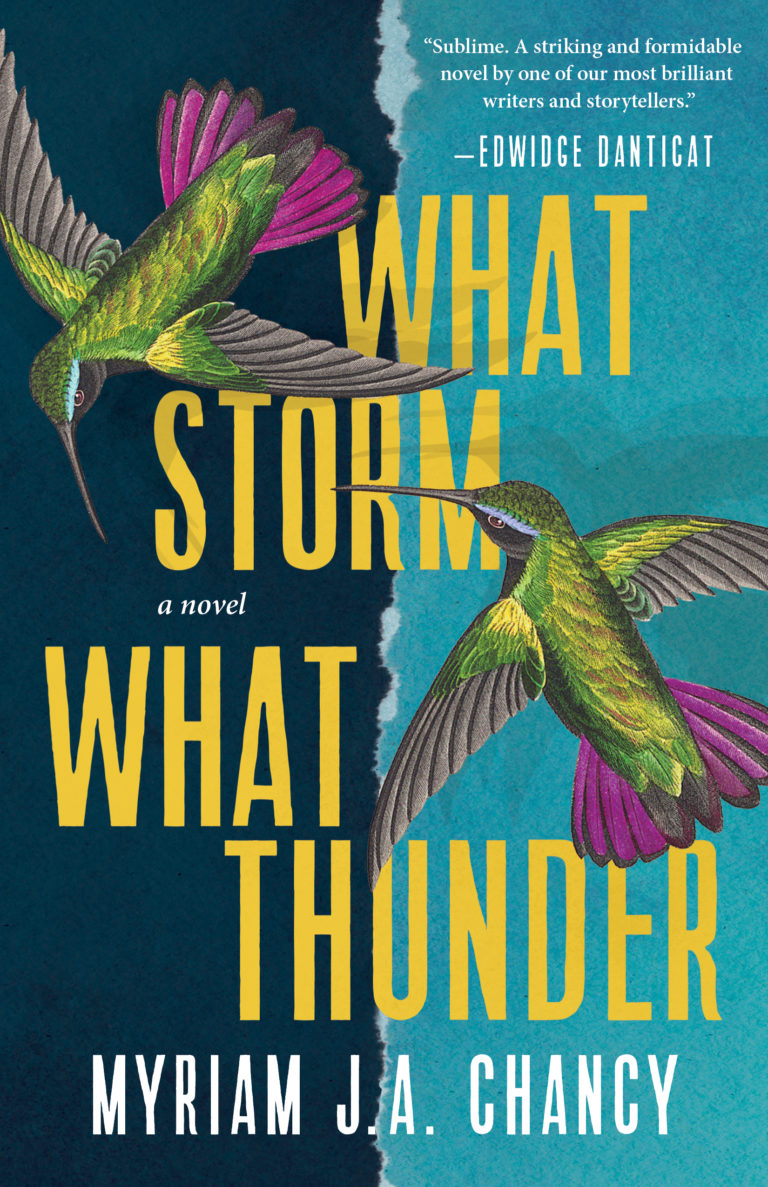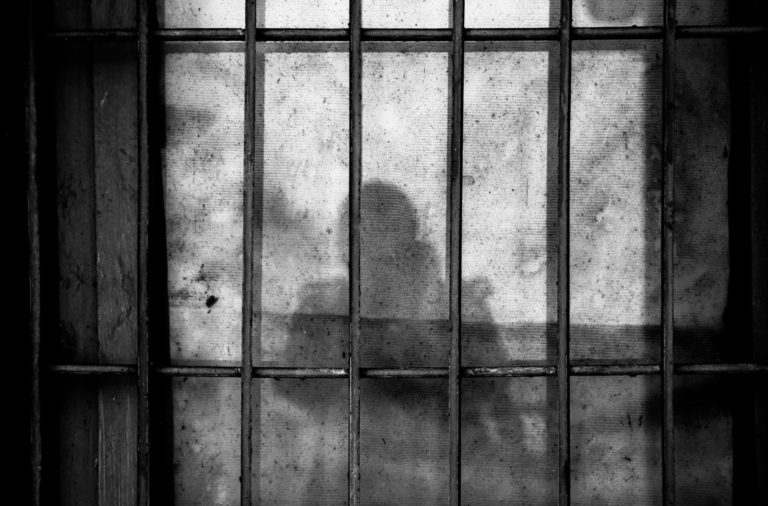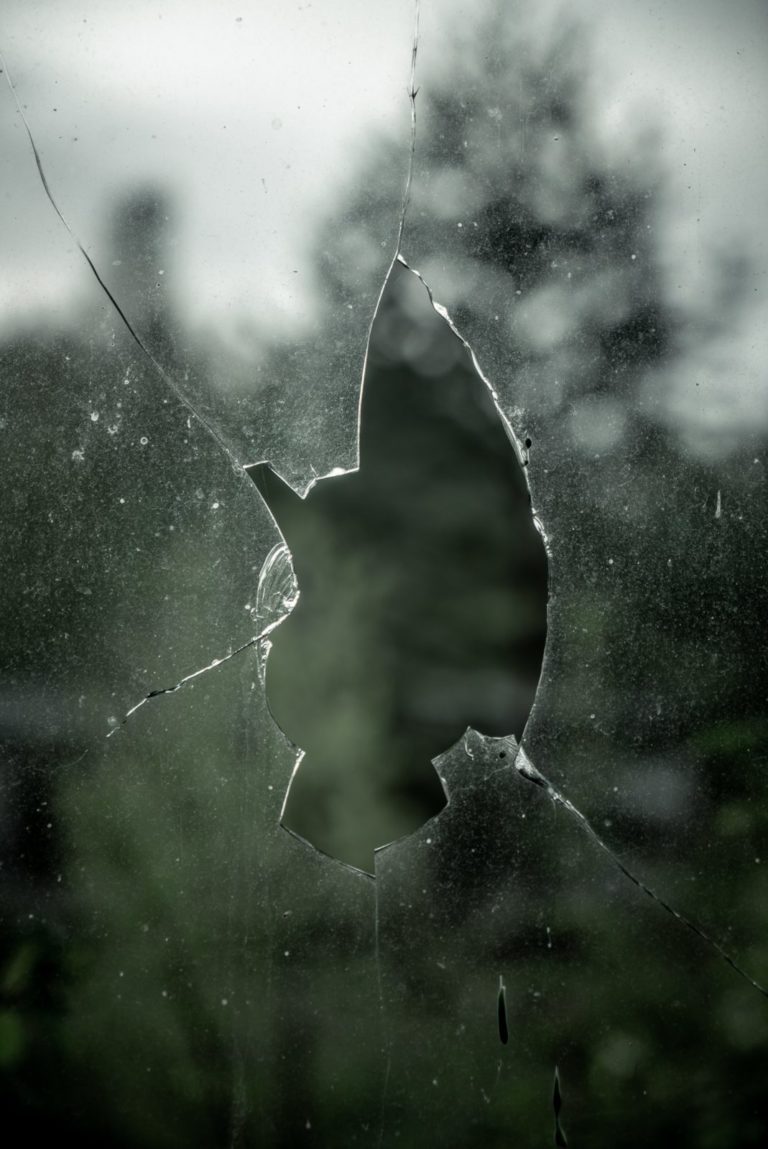I have long been interested in writers who have fallen into neglect. Dorothy Canfield Fisher is, unfortunately, among those whose work is seldom read these days, though she was quite famous in her time. The author of 35 books, some of them bestsellers, many of her stories appearing in Best American Short Stories and O. Henry anthologies, she was also a noted educational reformer and social activist who was once named among the ten most influential women in the United States by no less than Eleanor Roosevelt. Now, she is primarily known for the annual children’s book award that bears her name. Few of her books remain in print.
So it’s a pleasure to have a chance to introduce new readers to her wonderful short fiction. “Sex Education” is a beautiful and strange story about, among other things, the telling of stories. It has an unusual and compelling structure—the main character, Aunt Minnie, tells the same story three different times over a period of decades, and each time she tells the story it transforms in major ways, taking on radically different shadings and meanings, altering details. It’s a kind of Rashomon tale in reverse, the same person remembers, then re-remembers, then remembers again. It suggests the elasticity of memory, as well as the ways that we might lie to ourselves about our own motivations, and it has challenging and complex things to say about what Aunt Minnie calls “this man-and-woman business.”
I love the way the story compresses forty years of an ordinary woman’s life into a few pages, so simply and skillfully, and so heart-breakingly. I love the way Canfield Fisher uses unshowy, conversational language to reveal complex psychological depths. “There just aren’t any words to say something that’s so both-ways-at-once,” Aunt Minnie says. But Dorothy Canfield Fisher proves Aunt Minnie wrong.
“Sex Education” by Dorothy Canfield Fisher
It was three times—but at intervals of many years—that I heard my Aunt Minnie tell about an experience of her girlhood that had made a never-to-be-forgotten impression on her. The first time she was in her thirties, still young. But she had then been married for ten years, so that to my group of friends, all in the early teens, she seemed quite of another generation.
The day she told us the story, we had been idling on one end of her porch as we made casual plans for a picnic supper in the woods. Darning stockings at the other end, she paid no attention to us until one of the girls said, “Let’s take blankets and sleep out there. It’d be fun.”
“No.” Aunt Minnie broke in sharply, “you mustn’t do that.”
“Oh, for goodness sakes, why not!” said one of the younger girls, rebelliously, “the boys are always doing it. Why can’t we, just once?”
Aunt Minnie laid down her sewing. “Come here, girls.” She said, “I want you should hear something that happened to me when I was your age.”
Her voice had a special quality which, perhaps, young people of today would not recognize. But we did. We knew from experience that it was the dark voice grownups used when they were going to say something about sex.
Yet at first what she had to say was like any dull family anecdote; she had been ill when she was fifteen; and afterwards she was run down, thin, with no appetite. Her folks though a change of air would do her good, and sent her from Vermont out to Ohio—or was it Illinois? I don’t remember. Anyway, one of those places where the corn grows high. Her mother’s cousin Ella lived there, keeping house for her son-in-law.
The son-in-law was the minister of the village church. His wife had died some years before, leaving him with two little girls and a babyboy. He had been a normally personable man then, but the next summer, on the Fourth of July when he was trying to set off some fireworks to amuse his children, an imperfectly manufactured rocket had burst in his face. The explosion had left one side of his face badly scarred. Aunt Minnie made us see it, as she still saw it, in horrid detail: the stiffened, scarlet scar tissue distorting one cheek, the lower lip turned so far out at one corner that the moist red mucus-membrane lining always showed, one lower eyelid hanging loose, and watering.
After the accident, his face had been a long time healing. It was then that his wife’s elderly mother had gone to keep house and take care of the children. When he was well enough to be about again, he found his position as pastor of the little church waiting for him. The farmers and village people in his congregation, moved by his misfortune, by his faithful service and unblemished character, said they would rather have Mr. Fairchild, even with his scarred face, than any other minister. He was a good preacher, Aunt Minnie told us, “and the way he prayed was kind of exciting. I’d never known a preacher, not to live in the same house with him, before. And when he was in the pulpit, with everybody looking up at him, I felt the way his children did, kind of proud to think we had just eaten breakfast at the same table. I liked to call him ‘Cousin Malcolm’ before folks. One side of his face was all right, anyhow. You could see from that that he had been a good-looking man. In fact, probably one of those ministers that all the women—” Aunt Minnie paused, drew her lips together, and looked at us uncertainly.
Then she went back to the story as it happened—as it happened that first time I heard her tell it. “I thought he was a saint. Everybody out there did. That was all they knew. Of course, it made a person sick to look at that awful scar—the drooling corner of his mouth was the worst. He tried to keep that side of his face turned away from folks. But you always knew it was there. That was what kept him from marrying again, so Cousin Ella said. I heard her say lots of times that he knew no woman would touch any man who looked the way he did, not with a ten-foot pole.
“Well, the change of air did do me good. I got my appetite back, and ate a lot and played outdoors a lot with my cousins. They were younger than I (I had my sixteenth birthday there) but I still liked to play games. I got taller and laid on some weight. Cousin Ella used to say I grew as fast as the corn did. Their house stood at the edge of the village. Beyond it was one of those big cornfields they have out West. At the time when I first got there, the stalks were only up to a person’s knee. You could see over their tops. But it grew like lightning, and before long, it was the way thick woods are here, way over your head, the stalks growing so close together it was dark under them.
“Cousin Ella told us youngsters that it was lots worse for getting lost in than woods, because there weren’t any landmarks in it. One spot in a cornfield looked just like any other. ‘You children keep out of it,’ she used to tell us almost every day, ‘especially you girls. It’s no place for a decent girl. You could easy get so far from the house nobody could hear you if you hollered. There are plenty of men in this town that wouldn’t like anything better than—’ she never said what.
“In spite of what she said, my little cousins and I had figured out that if we went across one corner of the field, it would be a short cut to the village, and sometimes, without letting on to Cousin Ella, we’d go that way. After the corn got really tall, the farmer stopped cultivating, and we soon bear down a path in the loose dirt. The minute you were inside the field it was dark. You felt as if you were miles from anywhere. It sort of scared you. But in no time the path turned and brought you out on the far end of Main Street. Your breath was coming fast, maybe, but that was what made you like to do it.
***
“One day I missed the turn. Maybe I didn’t keep my mind on it. Maybe it had rained and blurred the tramped-down look of the path. I don’t know what. All of a sudden, I knew I was lost. And the minute I knew that, I began to run, just as hard as I could run. I couldn’t help it, anymore than you can help snatching your hand off a hot stove. I didn’t know what I was scared of, I didn’t even know I was running, till my heart was pounding so hard I had to stop.
“The minute I stood still, I could hear Cousin Ella saying, ‘There are plenty of men in this town that wouldn’t like anything better than—’ I didn’t know, not really, what she meant. But I knew she meant something horrible. I opened my mouth to scream. But I put both hands over my mouth to keep the scream in. if I made any noise, one of those men would hear me. I though I heard one just behind me, and whirled around. And then I thought another one had tiptoed up behind me, the other way, and I spun around so fast I almost fell over. I stuffed my hands hard up against my mouth. And then—I couldn’t help it—I ran again—but my legs were shaking so I soon had to stop. There I stood, scared to move for fear of rustling the corn and letting the men know where I was. My hair had come down, all over my face. I kept pushing it back and looking around, quick, to make sure one of the men hadn’t found out where I was. Then I thought I saw a man coming towards me, and I ran away from him—and fell down, and burst some of the buttons off my dress, and was sick to my stomach—and thought I heard a man close to me and got up and staggered around, knocking into the corn because I couldn’t even see where I was going.
“And then, off to one side, I saw Cousin Malcolm. Not a man. The minister. He was standing still, one hand up to his face, thinking. He hadn’t heard me.
“I was so terrible glad to see him, instead of one of those men, I ran as fast as I could and just flung myself on him, to make myself feel how safe I was.”
***
Aunt Minnie had become strangely agitated. Her hands were shaking, her face was crimson. She frightened us. We could not look away from her. As we waited for her to go on, I felt little spasms twitch at the muscles inside my body. “And what do you think thatsaint, that holy minister of the Gospel, did to an innocent child who clung to him for safety? The most terrible look came into his eyes—you girls are too young to know what he looked like. But once you’re married, you’ll find out. He grabbed hold of me—that dreadful face of his was right on mine—and began clawing the clothes off my back.”
She stopped for a moment, panting. We were too frightened to speak. She went on, “He had torn my dress right down to the waist before I—then I did scream—all I could—and pulled away from him so hard I almost fell down, and ran and all of a sudden I came out of the corn, right in the backyard of the Fairchild house. The children were staring at the corn, and Cousin Ella ran out of the kitchen door. They had heard me screaming. Cousin Ella shrieked out, ‘What is it? What happened? Did a man scare you?’ And I said, ‘Yes, yes, yes, a man—I ran—!’ And then I fainted away. I must have. The next thing I knew I was on the sofa in the living room and Cousin Ella was slapping my face with a wet towel.”
She had to wet her lips with her tongue before she could go on. Her face was gray now, “There! That’s the kind of thing girls’ folks ought to tell them about—so they’ll know what men are like.”
She finished her story as if she were dismissing us. We wanted to go away, but we were too horrified to stir. Finally one of the youngest girls asked in a low trembling voice, “Aunt Minnie, did you tell on him?”
“No. I was ashamed to,” she said briefly. “They sent me home the next day anyhow. Nobody ever said a word to me about it. And I never did either. Till now.
***
”By what gets printed in some of the modern child-psychology books, you would think that girls to whom such a story had been told would never develop normally. Yet, as far as I can remember what happened to the girls in that group, we all grew up about like anybody. Most of us married, some happily, some not so well. We kept house. We learned—more or less—how to live with our husbands, we had children and struggled to bring them up right—we went forward into life, just as if we had never been warned not to.
Perhaps, young as we were that day, we had already had enough experience of life so that we were not quite blank paper for Aunt Minnie’s frightening story. Whether we thought of it then or not, we couldn’t have failed to see that at this very time, Aunt Minnie had been married for ten years or more, comfortably and well married too. Against what she tried by that story to brand into our minds stood the cheerful home life in that house, the good-natured, kind, hard-working husband, and the children—the three rough-and-tumble, nice little boys, so adored by their parents, and the sweet girl baby who died, of whom they could never speak without tears. It was such actual contact with adult life that probably kept generation after generation of girls from being scared by tales like Aunt Minnie’s into a neurotic horror of living.
***
Of course, since Aunt Minnie was so much older than we, her boys grew up to be adolescents and young men, while our children were still little enough so that our worries over them were nothing more serious than whooping cough and trying to get them to make their own beds. Two of our aunt’s three boys followed, without losing their footing, the narrow path which leads across adolescence into normal adult life. But the middle one, Jake, repeatedly fell off into the morass. “Girl trouble,” as the succinct family phrase put it. He was one of those boys who have “charm” whatever we mean by that, and was always being snatched at by girls who would be “all wrong” for him to marry. And once, at nineteen, he ran away from home, whether with one of these girls or not we never heard, for through all her ups and downs with this son, Aunt Minnie tried fiercely to protect him from scandal that might cloud his later life.
Her husband had to stay on his job to earn the family living. She was the one who went to find Jake. When it was gossiped around that Jake was in “bad company” his mother drew some money from the family savings bank account, and silent, white-cheeked, took the train to the city where rumor said he had gone.
Some weeks later he came back with her. With no girl. She had cleared him of that entanglement. As of others, which followed later. Her troubles seemed over when, at a “suitable” age, he fell in love with a “suitable” girl, married her and took her to live in our shire town, sixteen miles away, where he had a good position. Jake was always bright enough.
Sometimes, idly, people speculated as to what Aunt Minnie had seen that time she went after her runaway son, wondering where her search for him had taken her—very queer places for Aunt Minnie to be in, we imagined. And now could such an ignorant, home keeping woman ever have known what to say to an errant willful boy to set him straight?
Well, of course, we reflected, watching her later struggles with Jake’s erratic ways, she certainly could not have remained ignorant, after seeing over and over what she probably had; after talking with Jake about the things which, a good many times, must have come up with desperate openness between them.
She kept her own counsel. We never knew anything definite about the facts of those experiences of hers. But one day she told a group of us—all then married women—something which gave us a notion about what she had learned from them.
We were hastily making a layette for a not-especially welcome baby in a poor family. In those days, our town had no such thing as a district-nursing service. Aunt Minnie, a vigorous woman of fifty-five, had come in to help. As we sewed, we talked, of course; and because our daughters were near or in their teens, we were comparing notes about the bewildering responsibility of bringing up girls. After a while, Aunt Minnie remarked, “Well, I hope you teach your girls some sense. From what I read, I know you’re great on telling them ‘the facts’, facts we never heard of when we were girls. Like as not, some facts I don’t know, now. But knowing the facts isn’t going to do the many more good than not knowing the facts ever did, unless they have some sense taught them, too.”
“What do you mean, Aunt Minnie?” one of us asked her uncertainly. She reflected, threading a needle, “Well, I don’t know but what the best way to tell you what I mean is to tell you about something that happened to me, forty years ago. I’ve never said anything about it before. But I’ve thought about it a good deal. Maybe—”
***
“She had hardly begun when I recognized the story—her visit to her Cousin Ella’s Midwestern home, the widower with his scarred face and saintly reputation and, very vividly, her getting lost in the great cornfield. I knew every word she was going to say—to the very end, I thought.
But no, I did not. Not at all.
She broke off, suddenly, to exclaim with impatience, “Wasn’t I the big ninny? But not so big a ninny as that old cousin of mine. I could wring her neck for getting me in such a state. Only she didn’t know any better, herself. That was the way they brought up young people in those days, scaring them out of their wits about the awfulness of getting lost, but not telling them a thing about how not to get lost. Or how to act, if they did.
“If I had had the sense I was born with, I’d have known that running my legs off in a zigzag was the worst thing I could do. I couldn’t have been more than a few feet from the path when I noticed I wasn’t on it. My tracks in the loose plow dirt must have been perfectly plain. If I’d h’ stood still, and collected my wits, I could have looked down to see which way my footsteps went and just walked back over them to the path and gone on about my business.
“Now I ask you, if I’d been told how to do that, wouldn’t it have been a lot better protection for me—if protection was what my aunt thought she wanted to give me – than to scare me so at the idea of being lost that I turned deef-dumb-and-blind when I thought I was?
“And anyhow that patch of corn wasn’t as big as she let on. And she knew it wasn’t. It was no more than a big field in a farming country. I was a well-grown girl of sixteen, as tall as I am now. If I couldn’t have found the path, I could have just walked along one line of cornstalks—straight—and I’d have come out somewhere in ten minutes. Fifteen at the most. Maybe not just where I wanted to go. But all right, safe, where decent folks were living.”
She paused, as if she had finished. But at the inquiring blankness in our faces, she went on, “Well, now, why isn’t teaching girls—any boys, too, for the Lord’s sake don’t forget they need it as much as the girls—about this man-and-woman business, something like that? If you give them the idea—no matter whether it’s as you tell them the facts, or as you don’t tell them the facts, that it is such a terribly scary thing that if they take a step into it, something’s likely to happen to them so awful that you’re ashamed to tell them what—well, they’ll lose their heads and run around like crazy things, first time they take one step away from the path.
“For they’ll be trying out the paths, all right. You can’t keep them from it. And a good thing too. How else are they going to find out what it’s like? Boys’ and girls’ going together, they’re likely to get off the path some. Seems to me, its up to their folks to bring them up so when they do, they don’t start screaming and running in circles, but stand still, right where they are, and get their breath and figure out how to get back.
“And anyhow, you don’t tell ‘em the truth about sex” (I was astonished to hear her use the actual word, taboo to women of her generation) “if they get the idea from you that it’s all there is to living. It’s not. If you don’t get to where you want to go in it, well, there’s a lot of landscape all around it a person can have a good time in.
“D’you know, I believe one thing that gives girls and boys the wrong idea is the way folks look! My old cousin’s face, I can see her now, when she was telling me about men in that cornfield. I believe now she kind of liked to talk about it.”
(Oh, Aunt Minnie—and yours! I thought.)
Someone asked, “But how did you get out, Aunt Minnie?”
She shook her head, laid down her sewing. “More foolishness. That minister my mother’s cousin was keeping house for –her son-in-law – I caught sight of him, down along one of the aisles of cornstalks, looking down at the ground, thinking, the way he often did. And I was so glad to see him I rushed right up to him, and flung my arms around his neck and hugged him. He hadn’t heard me coming. He gave a great start, put one arm around me and turned his face full towards me—I suppose or just a second he had forgotten how awful one side of it was. His expression, his eyes—well, you’re all married women, you know how he looked, the way any able-bodied man thirty-six or -seven, who’d been married and begotten children, would look—for a minute any how, if a full-blooded girl of sixteen, who ought to have known better, flung herself at him without any warning, her hair tumbling down, her dress half unbuttoned, and hugged him with all her might.
“I was what they called innocent in those days. That is, I knew just as little about what men are like as my folks could manage I should. But I was old enough to know all right what that look meant. And it gave mea start. But of course the real thing of it was that dreadful scar of his, so close to my face—that wet corner of his mouth, his eye drawn down with the red inside of the lower eyelid showing—
“It turned me so sick, I pulled away with all my might, so fast that I ripped one sleeve nearly loose, and let out a screech like a wildcat. And ran. Did I run? And in a minute, I was through the corn and had come out in the back yard of the house. I hadn’t been more than a few feet from it, probably, any of the time. And then I fainted away. Girls were always fainting away; it was the way our corset strings were pulled tight, I suppose, and then—oh, a lot of fuss.
“But anyhow,” she finished, picking up her work and going on, setting neat, firm stitches with steady hands, “there’s one thing, I never told anybody it was Cousin Malcolm I had met in the cornfield. I told my old cousin that a man had scared me. And nobody said anything more about it to me, not ever. That was the way they did in those days. They thought if they didn’t let on about something, maybe it wouldn’t have happened. I was sent back to Vermont right away and Cousin Malcolm went on being minister of the church. I’ve always been,” said Aunt Minnie moderately, “kind of proud that I didn’t go and ruin a man’s life for just one second’s slip-up. If you could have called it that. For it would have ruined him. You know how hard as stone people are about other folks’ let-downs. If I’d have told, not one person in that town would have had any charity. Not one would have tried to understand. One slip, once, and they’d have pushed him down in the mud. If I had told, I’d have felt pretty bad about it, later—when I came to have more sense. But I declare, I can’t see how I came to have the decency, dumb as I was then, to know that it wouldn’t be fair.”
It was not long after this talk that Aunt Minnie’s elderly husband died, mourned by her, by all of us. She lived alone then. It was peaceful October weather for her, in which she kept a firm roundness of face and figure, as quiet-living country-women often do, on into her late sixties.
But then Jake, the boy who had had girl trouble, had wife trouble. We heard he had taken to running after a young girl, or was it that she was running after him? It was something serious. For his nice wife left him and came back with the children to live with her mother in our town. Poor Aunt Minnie used to go see her for long talks which made them both cry. And she went to keep house for Jake, for months at a time.
She grew old, during those years. When finally she (or something) managed to get the marriage mended so that Jake’s wife relented and went back to live with him, there was no trace left of her pleasant brick freshness. She was stooped and slow-footed and shrunken. We, her kins-people, although we would have given our lives for any one of our own children, wondered whether Jake was worth what it had cost his mother to—well, steady him, or reform him. Or perhaps just understand him. Whatever it took.
She came of a long-lived family and was able to go on keeping house for herself well into her eighties. Of course we and the other neighbors stepped in often to make sure she was all right. Mostly, during those brief calls, the talk turned on nothing more vital than her geraniums. But one midwinter afternoon, sitting with her in front of her cozy stove, I chanced to speak in rather hasty blame of someone who had, I thought, acted badly. To my surprise this brought from her the story about the cornfield which she had evidently quite forgotten telling me, twice before.
This time she told it almost dreamily, swaying to and fro in her rocking chair, her eyes fixed on the long slope of snow outside her window. When she came to the encounter with the minister she said looking away from the distance and back into my eyes, “I know now that I had been, all along, kind of interested in him, the way any girl as old as I was would be, in any youngish man living in the same house with her. And a minister, too. They have to have the gift of gab so much more than most men, women get to thinking they are more alive than men who can’t talk so well. I thought the reason I threw my arms around him was because I had been so scared. And I certainly had been scared, by my old cousin’s horrible talk about the cornfield being full of men waiting to grab girls. But that wasn’t all the reason I flung myself at Malcolm Fairchild and hugged him. I know that now. Why in the world shouldn’t I have been taught somenotion of it then? ‘Twould do girls good to know that they are just like everybody else—human nature and sex, all mixed up together. I didn’t have to hug him. I wouldn’t have, if he’d been dirty or fat and old, or chewed tobacco.”
I stirred in my chair, ready to say, “But it’s not so simple as all that to tell girls—“ and she hastily answered my unspoken protest. “I know, I know, most of it can’t be put into words. There just aren’t any words to say something that’s so both-ways-at-once all the time as this man-and-woman business. But look here, you know as well as I do that there are lots more ways than in words to teach young folks what you want ‘em to know.”
The old woman stopped her swaying rocker to peer far back into the past with honest eyes. “What was in my mind back there in the cornfield—partly anyhow—was what had been there all the time I was living in the same house with Cousin Malcolm—that he had long straight legs, and broad shoulders, and lots of curly brown hair, and was nice and flat in front, and that one side of his face was good-looking. But most of all, that he and I were really alone, for the first time, without anybody to see us.
“I suppose, if it hadn’t been for that dreadful scar, he’d have drawn me up, tight, and—most any man would—kissed me. I know how I must have looked, all red and hot and my hair down and my dress torn open. And, used as he was to big cornfields, he probably never dreamed that the reason I looked that way was because I was scared to be by myself in one. He may have thought—you know what he may have thought.
“Well—if his face had been like anybody’s—when he looked at me the way he did, the way a man does look at a woman he wants to have, it would have scared me—some. But I’d have cried, maybe. And probably he’d have kissed me again. You know how such things go. I might have come out of the cornfield halfway engaged to marry him. Why not? I was old enough, as people thought then. That would have been nature. That was probably what he thought of, in that first instant.
“But what did I do? I had one look at his poor, horrible face, and started back as though I’d stepped on a snake. And screamed and ran.”
“What do you suppose he felt, left there in the corn? He must have been sure that I would tell everybody he had attacked me. He probably thought that when he came out and went back to the village he’d already be in disgrace and put out of the pulpit.
“But the worst must have been to find out, so rough, so plain from the way I acted—as if somebody had hit him with an ax—the way he would look to any woman he might try to get close to. That must have been—” she drew a long breath, “well, pretty hard on him.”
After a silence, she murmured pityingly, “Poor man!”
Dorothy Canfield Fisher (February 17, 1879 – November 9, 1958) was an educational reformer, social activist, and best-selling American author in the early decades of the twentieth century. Canfield worked with Maria Montessori when in Rome in 1911-12, wrote A Montessori Mother (1912) and brought the Montessori method of child-rearing to the United States. She wrote Why Stop Learning? (1927) and presided over the country’s first adult education program. Canfield’s fiction includes Understood Betsy (1916), The Bent Twig (1915), Home Fires in France (1918), The Day of Glory (1919), The Brimming Cup (1921) and The Home-Maker (1924). Later novels are Her Son’s Wife (1926), The Deepening Stream (1930) and Seasoned Timber (1939). “Sex Education” is from her collection Bedquilt and Other Stories.

